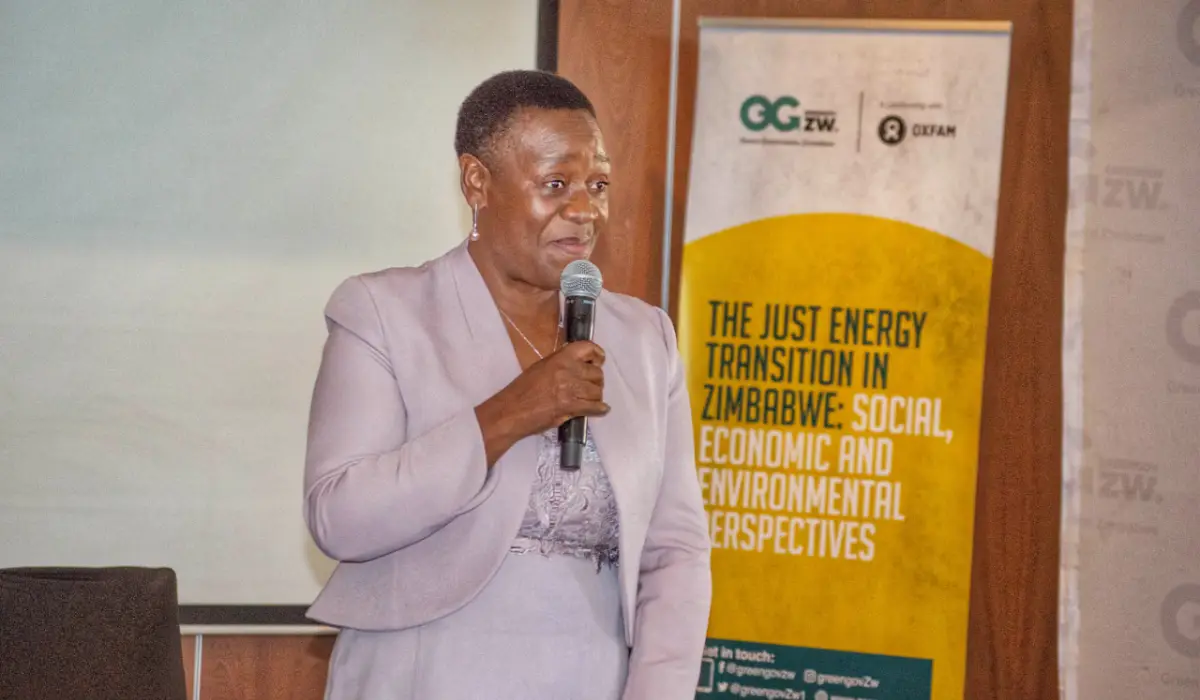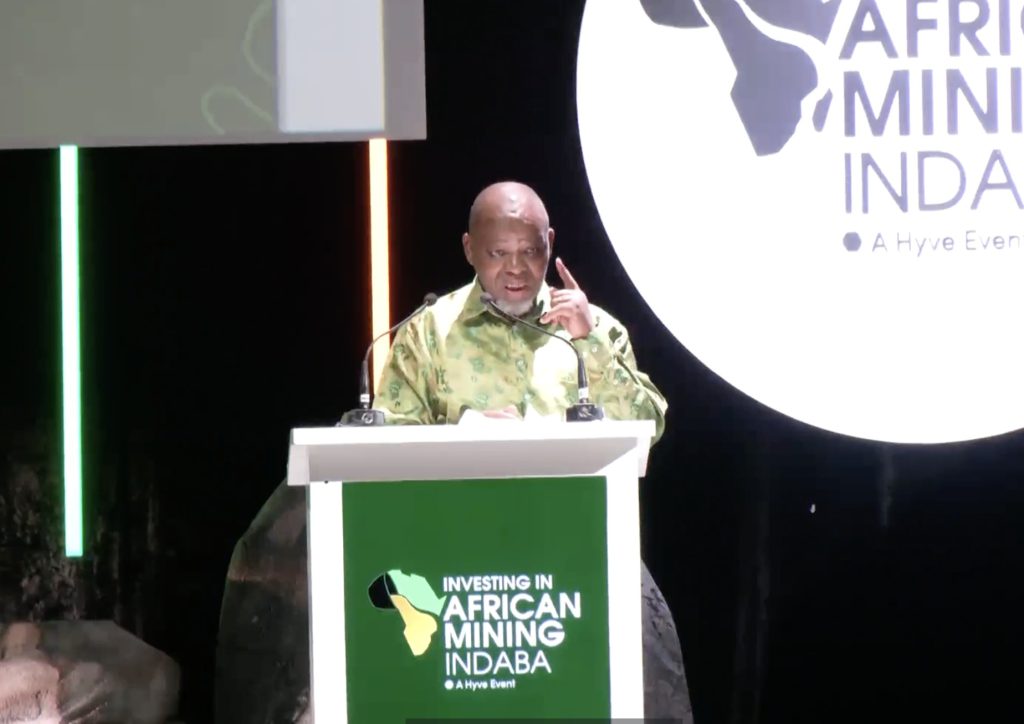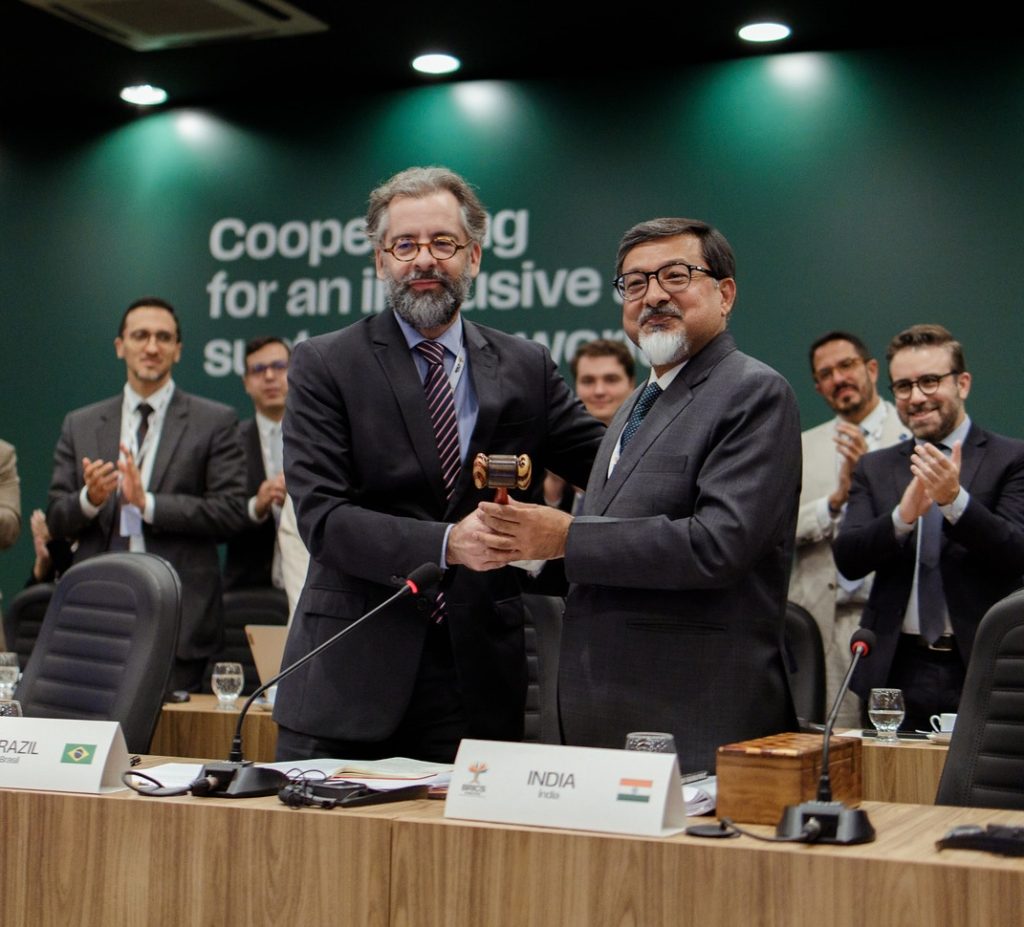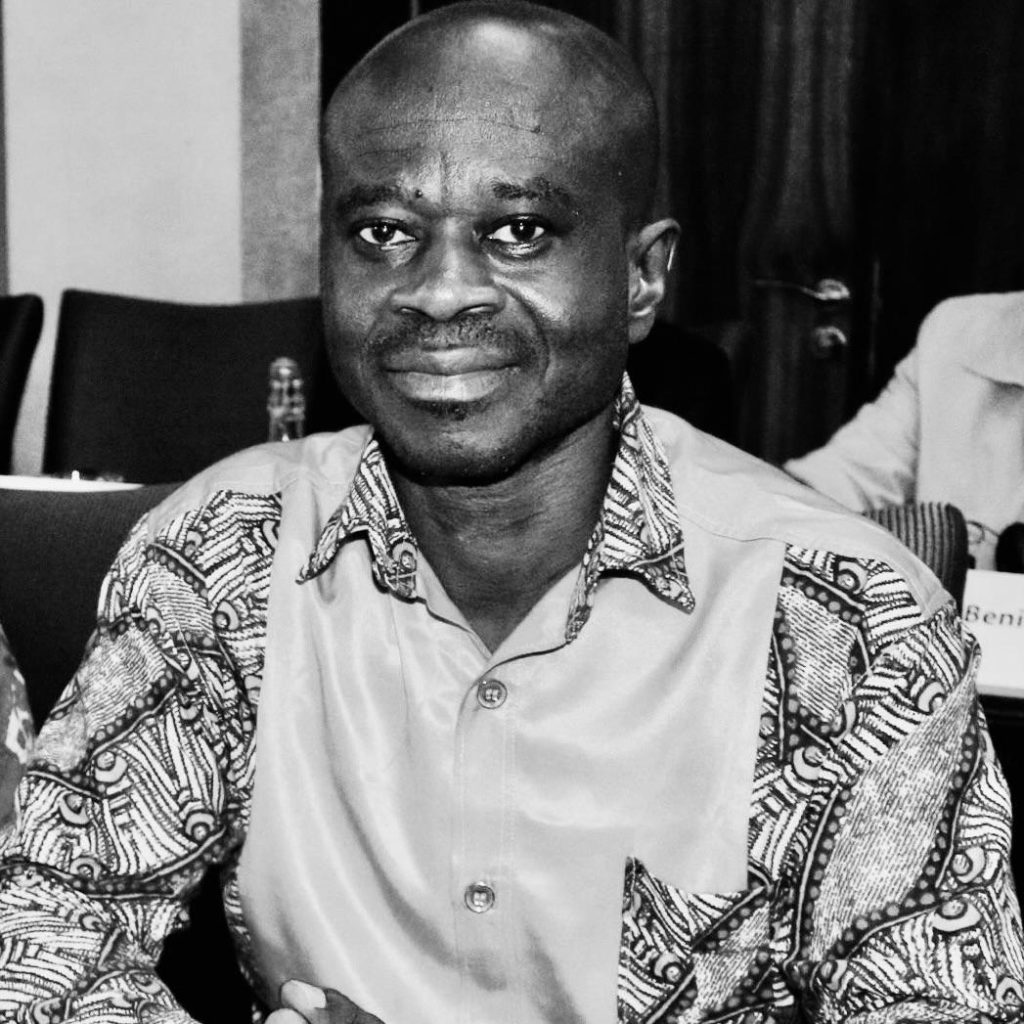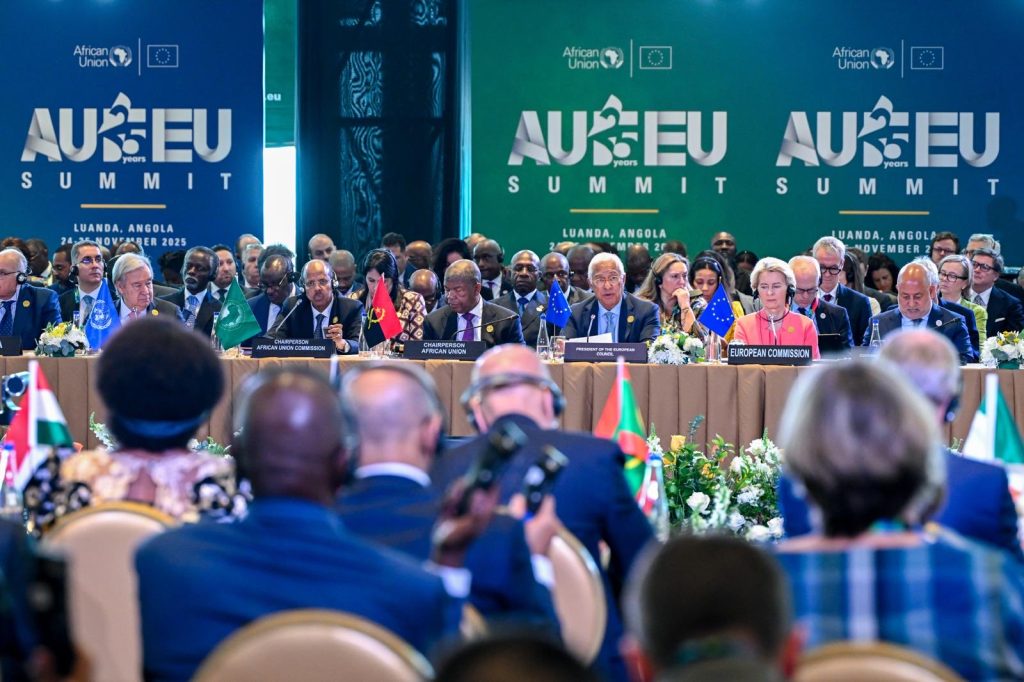As one of the biggest lithium producers in the world, Zimbabwe will have a crucial role to play in the success of the global energy transition. Global attention on just energy transitions has historically focused on relatively high emitting countries, of which there are not many in Africa. However, countries that are well endowed with green or critical minerals such as Zimbabwe will also need to reckon with their own transitions and the social and economic risks and opportunities that they bring. So when Green Governance Africa launched its first book in May 2024, the organisation prioritised collecting the voices of people most affected by climate change interventions. “The energy transition has to have a people-centred and people-driven aspect for it to work,” explains Nyasha Frank Mpahlo, Green Governance Africa’s Executive Director.
The book, titled ‘The Just Energy Transition in Zimbabwe: Social, Economic and Environmental Perspectives’, is part of a three-year project aimed to collect and promote the voices and rights of citizens in climate change interventions such as the energy transition. As it stands, Zimbabwe does not have a clear strategy to transition towards renewable energy sources. For Mpahlo, this is a policy gap that could be costly in the long run. “As a nation, we need to put in place a just energy transition roadmap. As one of the top global lithium producers, we’re naturally part of the energy transition whether we like it or not. But lithium is not an infinite resource. It will also run out. There is a need for an inclusive energy dialogue.”
In compiling and editing the book, Mpahlo and his team identified the challenges and opportunities that come with an energy transition. A major issue is providing a local context for the energy transition. “The challenge is that the rate at which other countries are more flexible to cut down on emissions is different from others because of their economic status,” explains Mpahlo. It is easier for a country in the Global North to decommission its coal plants compared to counterparts in the Global South such as South Africa and Zambia. Then there is the energy deficit, or energy poverty. Africa is the world’s most energy deficient continent, making up less than 6% of total global electricity consumption. “The energy transition discourse might not make sense for communities that already do not have power at all. We’ve had community-based meetings and dialogues, and they say ‘we already don’t have electricity. What are we transitioning to?”, says Mpahlo.
Another problem is the cost of renewable energy. Although it is becoming more affordable, it will still take time for African countries to have cheaper energy alternatives. For Mpahlo, it boils down to technological capacity: “We still have to import lithium batteries, solar panels and other technological aspects of the energy transition, that’s a key challenge. Unfortunately, our counterparts in the Global North are not trying to provide that technology.” But with these challenges come opportunities. The uptake of alternative energy sources can close the energy deficit gap. For countries like Zimbabwe, the energy transition is also an opportunity to have more control over their natural resources, mainly lithium. From establishing lithium processing plants and negotiating better deals, to implementing protective measures to address collateral that comes with mining and following the global value chain of lithium, the energy transition can have positive social and economic benefits. Ultimately, it is up to governments and policymakers to take advantage of the opportunities and minimise any potential risks.
With the launch of the book, Green Governance Africa’s next steps are to disseminate the publication to policymakers, government officials and the general public. They will also host learning workshops for Zimbabwe’s Members of Parliament, the Portfolio Committee on Environment and Climate Change, the private sector and the media. Green Governance Africa’s vision is for youth and communities to be active participants in the energy transition discourse and decision making. Mpahlo ultimately wants the book to be a catalyst for conversation and action. “It is our hope that this book will change thinking about the just energy transition in Zimbabwe. We have to be part of the conversation in terms of negotiating, or else we’ll miss the opportunity to be part of the energy transition.”

